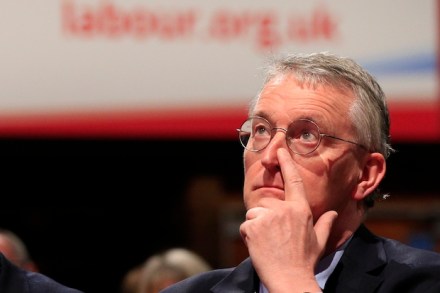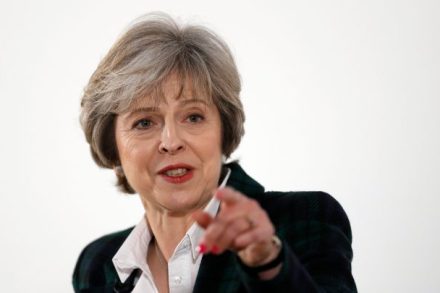What the papers say: the Gibraltar row heats up
Theresa May says the way to deal with the row over Gibraltar is ‘jaw-jaw’ rather than war. And there is plenty of chatter on the subject in today’s newspapers: Of course we don’t want a war with Spain, says the Sun. But ‘nor will we sit quietly’ and let Madrid ‘launch its latest ridiculous attempt to claim the territory’. Some have said that Theresa May brought this mess upon herself, by failing to namecheck Gibraltar in her Article 50 letter to the European Union last week. This isn’t the case, says the paper, which points out that the PM is right to say the Rock’s ‘future is settled and its





















